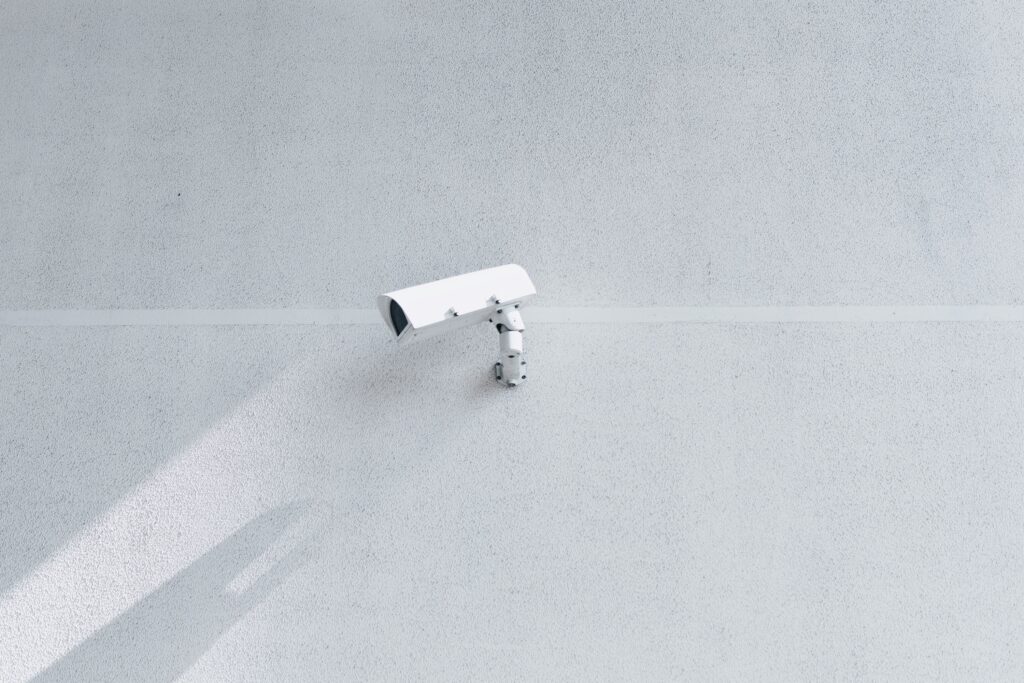Surveillance is NOT Leadership
Back in January, the Wall Street Journal posted an article that, to me, was provocative. The piece “Mouse Jigglers, Fake PowerPoints: Workers Foil Bosses’ Surveillance Attempts” outlined how employees are outsmarting their bosses’ attempts to surveil them from afar. It turns out that many companies are attempting to monitor what team members are doing from their home offices.
For example, one company installed a program on employee laptops that automatically shut down the machine after it was idle for 10 minutes, thus informing the “control tower” (my phrase) that they were not working.
There is a lot about this that bothers me.
- Let’s remember what leadership is: the process of doing things with and through other people. Nothing in this definition even remotely suggests controlling other people. And at its worst, that’s what surveillance is. It communicates, “I do not trust you to do your job, so I will set up a system to ensure that you do.”
To me, this says more about the leader than the person being monitored. How insecure do you have to be to babysit people? Better said, what does it say about your leadership? Is the work product so unclear that surveillance is the only way you can assess the work? That says more about your leadership than the (perceived) need to monitor.
- Second, this perceived need makes me question the hiring process. How effective are your hiring processes if you need to constantly monitor the team members you hire? Certainly, I think that poor leadership is the bigger problem, but I still think this question needs to be asked. What characteristics are you looking for in a new hire? What are your expectations about work, hours, and work product? The clearer you are on these in the interview process, the higher likelihood you will find someone you do not need to monitor.
- Moving from the leader to the employee, it disgusts me that there is a market for tips on how to “outsmart” the boss. One individual interviewed in the article bragged about wrapping the cord of his mouse around a rotating fan to keep the computer from shutting down, all so he could go to the gym. Has work come to this? Really?
Look, I’m not trying to be overly judgmental here. But as bad as surveillance is, how is deception better? Unemployment is at historic lows, so why not have an honest conversation with the boss? And if they are unwilling to listen, why not find a job that better fits your lifestyle?
Work should always be changing. What we used to do may not make sense today, including the hours we work. To that end, leaders need to realize that people may want flexibility, even the flexibility to go to the gym in the middle of the day, so they need to hear these desires when they are presented.
Work is Human
The point of this post is that surveillance is NOT leadership. Period. Hard stop.
To be someone worth following, you must have real conversations about expectations. Similarly, workers must own up to their needs and be willing to discuss them. Surveilling and deceiving will not make things better.
I strongly believe that work is human. What I mean is that we are better when we are together. That doesn’t mean I’m against people working from home or holding hybrid positions. It means that even then, human beings need one-on-one relational connection — it’s where we further our trust in one another. And note that my use of the word “further” is totally intentional; leaders have to give trust on day one — one reason why the interview process is so important. From there, trust is earned, but on day one, it is a given, a gift.
Surveillance is not leadership. I encourage leaders to start from a place of trust, give clear expectations, and provide people the autonomy to decide what works best for them. Of course, this doesn’t mean it will always work out. But it errs on the side of the human. And wouldn’t we rather do that than err on the side of the machine?

